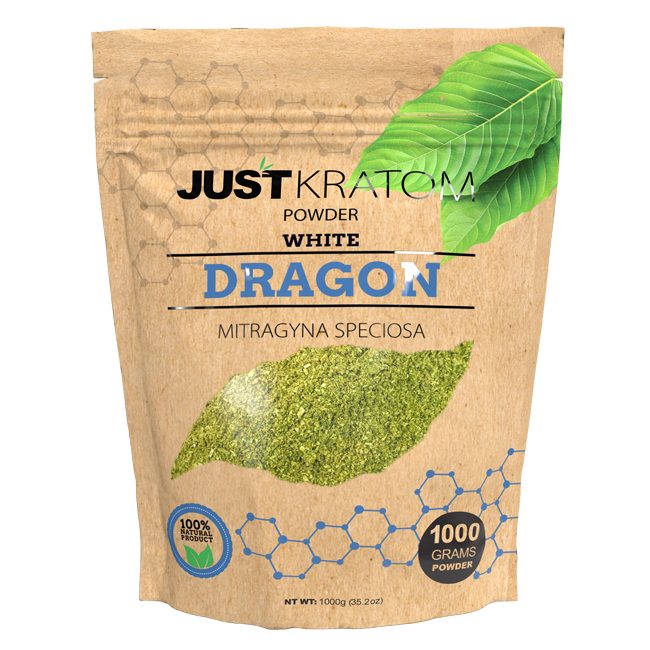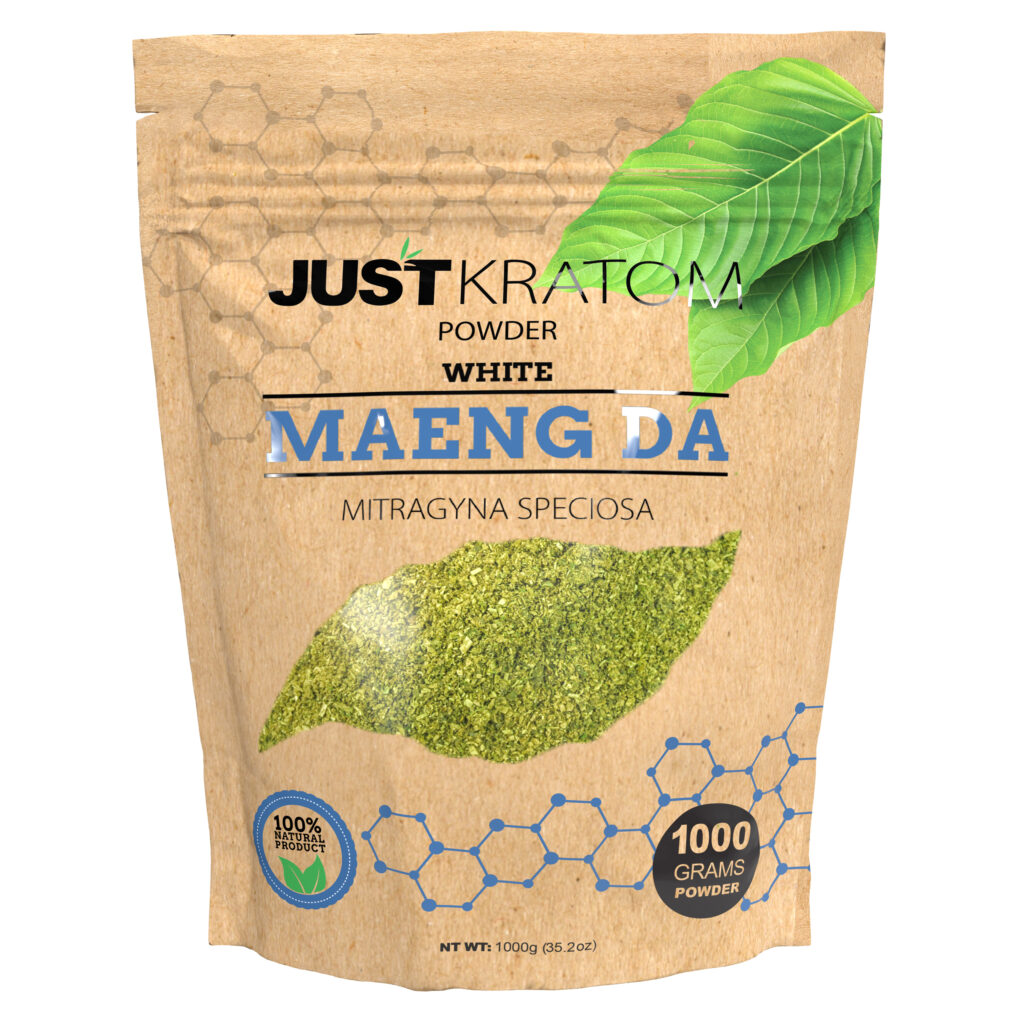Strains of Kratom for Sleep
Kratom, an herbal supplement derived from the Mitragyna speciosa tree, has gained popularity as a natural remedy for various ailments, including sleep disturbances. Certain kratom strains are known to possess calming and sedative effects, making them potentially beneficial for promoting restful sleep.
White Vein Strains
Among the various kratom strains available, white vein varieties are often favored for their purported sleep-enhancing properties. These strains typically contain higher levels of mitragynine, the primary psychoactive compound in kratom, which is believed to contribute to their calming effects.
White Maeng Da, a highly potent strain, is known for its ability to induce relaxation and drowsiness. White Borneo, another popular choice, is praised for its gentle sedative properties and lack of harsh side effects.
Green Vein Strains
Green vein kratom strains offer a different experience than their white counterparts. While not as strongly associated with sleep as white vein strains, some green vein varieties can still promote relaxation and aid in falling asleep.

Green Malay is a popular choice among those seeking a calming effect. It’s known for its balanced effects, offering both relaxation and energy without causing excessive sedation. Green Indo is another option, often described as having a more body-focused sedative effect, potentially leading to deeper sleep.
Red Vein Strains
Red vein kratom strains are also known for their relaxing and sedative properties, making them suitable for those seeking improved sleep. Red Bali is a highly popular choice, known for its strong relaxing effects and potential to induce drowsiness.
Another well-regarded red vein strain is Red Vein Thai, which is believed to have calming and pain-relieving properties that can contribute to better sleep quality.
It’s important to note that the effects of kratom can vary significantly depending on individual factors, dosage, and preparation method.
Factors Affecting Kratom’s Sleep-Inducing Effects
The effectiveness of kratom for inducing sleep depends on a variety of factors beyond simply choosing a particular strain. Individual responses to kratom can vary widely, influenced by genetics, body weight, metabolism, and prior experience with the substance. Dosage plays a crucial role, as both too little and too much kratom can interfere with sleep. The preparation method, whether it’s brewed into a tea, taken in powder form, or encapsulated, can also affect how quickly and intensely the effects are felt.
Dosage
The effectiveness of kratom for inducing sleep depends on a variety of factors beyond simply choosing a particular strain. Individual responses to kratom can vary widely, influenced by genetics, body weight, metabolism, and prior experience with the substance.
Dosage plays a crucial role, as both too little and too much kratom can interfere with sleep.

- Factors Affecting Kratom’s Sleep-Inducing Effects
- Strain: Different strains of kratom have varying concentrations of alkaloids, which are responsible for its effects. White vein strains are generally associated with better sleep qualities.
- Dosage: Finding the right dosage is crucial. Too little may not produce desired effects, while too much can lead to insomnia or other adverse reactions.
- Method of Consumption: Brewing kratom into a tea allows for slower absorption and a more gradual onset of effects, which can be beneficial for sleep. Powder form offers a quicker onset but may also lead to a shorter duration of effects.
- Individual Tolerance: Individuals metabolize kratom differently, leading to varying levels of sensitivity.
- Other Substances: Kratom can interact with medications or other substances, potentially affecting its sleep-inducing properties.
Individual Tolerance
The effectiveness of kratom for inducing sleep depends on several factors beyond simply choosing a specific strain. Individual responses to kratom vary widely based on genetics, body weight, metabolism, and prior experience with the substance. Dosage plays a crucial role as well; both too little and too much kratom can interfere with sleep.

The method of consumption also influences how kratom affects sleep. Brewing kratom into a tea allows for slower absorption and a more gradual onset of effects, which can be beneficial for sleep. Powder form, on the other hand, offers a quicker onset but may result in a shorter duration of effects. Individual tolerance to kratom varies significantly, meaning what works well for one person may have different effects on another.
Other substances, including medications and supplements, can interact with kratom and potentially alter its sleep-inducing properties. It is essential to consult with a healthcare professional before using kratom, especially if you are taking other medications or have any underlying health conditions.
Consumption Method
The effectiveness of kratom for inducing sleep depends on a variety of factors beyond simply choosing a particular strain. Individual responses to kratom can vary widely, influenced by genetics, body weight, metabolism, and prior experience with the substance.
Dosage plays a crucial role, as both too little and too much kratom can interfere with sleep. The preparation method, whether it’s brewed into a tea, taken in powder form, or encapsulated, can also affect how quickly and intensely the effects are felt.
Potential Side Effects and Risks
While kratom is often touted for its potential to improve sleep, it’s important to be aware of the potential side effects and risks associated with its use.
Sedative Effects
Potential side effects of kratom can include nausea, constipation, itching, dizziness, and dry mouth. In some cases, kratom may also cause anxiety, insomnia, and increased heart rate.
It’s important to note that kratom is not approved by the FDA for any medical use, and its long-term effects are not fully understood. There is concern about its potential for addiction and dependence.
Furthermore, kratom can interact with certain medications, including opioid pain relievers, antidepressants, and stimulants. Individuals with pre-existing health conditions, such as liver or kidney disease, should consult a healthcare professional before using kratom.
Dependence and Addiction
While kratom is often touted for its potential to improve sleep, it’s important to be aware of the potential side effects and risks associated with its use.
Potential side effects of kratom can include nausea, constipation, itching, dizziness, and dry mouth. In some cases, kratom may also cause anxiety, insomnia, and increased heart rate.
It’s important to note that kratom is not approved by the FDA for any medical use, and its long-term effects are not fully understood. There is concern about its potential for addiction and dependence. Furthermore, kratom can interact with certain medications, including opioid pain relievers, antidepressants, and stimulants. Individuals with pre-existing health conditions, such as liver or kidney disease, should consult a healthcare professional before using kratom.
Gastrointestinal Issues
While kratom is often touted for its potential to improve sleep, it’s important to be aware of the potential side effects and risks associated with its use.
Potential side effects of kratom can include nausea, constipation, itching, dizziness, and dry mouth. In some cases, kratom may also cause anxiety, insomnia, and increased heart rate.
It’s important to note that kratom is not approved by the FDA for any medical use, and its long-term effects are not fully understood. There is concern about its potential for addiction and dependence.
Furthermore, kratom can interact with certain medications, including opioid pain relievers, antidepressants, and stimulants. Individuals with pre-existing health conditions, such as liver or kidney disease, should consult a healthcare professional before using kratom.
Responsible Kratom Use for Sleep
Kratom, derived from the Mitragyna speciosa tree, has gained popularity as a natural remedy for various ailments, including sleep disturbances. Certain kratom strains are known to possess calming and sedative effects, making them potentially beneficial for promoting restful sleep.
Start with Low Dosages
When experimenting with kratom for sleep, it is crucial to start with low dosages.
This allows you to assess your individual response and tolerance to the substance without overwhelming your system.
Begin with a small amount, such as 1-2 grams of powder or a smaller serving of tea, and gradually increase the dosage only if needed.
Pay close attention to how your body reacts after consuming kratom, noting any changes in sleep quality, alertness, or overall well-being.
Adjust your dosage accordingly based on your individual experience.
Monitor Your Response
Kratom, derived from the Mitragyna speciosa tree, has gained popularity as a natural remedy for various ailments, including sleep disturbances. Certain kratom strains are known to possess calming and sedative effects, making them potentially beneficial for promoting restful sleep.
When experimenting with kratom for sleep, it is crucial to start with low dosages. This allows you to assess your individual response and tolerance to the substance without overwhelming your system. Begin with a small amount, such as 1-2 grams of powder or a smaller serving of tea, and gradually increase the dosage only if needed.
Pay close attention to how your body reacts after consuming kratom, noting any changes in sleep quality, alertness, or overall well-being. Adjust your dosage accordingly based on your individual experience.
It is essential to consult with a healthcare professional before using kratom, especially if you are taking other medications or have any underlying health conditions. They can provide guidance on safe usage, potential interactions, and appropriate dosages.
Avoid Mixing with Alcohol or Other Drugs
While kratom is sometimes promoted for sleep issues, it’s crucial to understand the risks involved.
Kratom can cause side effects like nausea, constipation, itching, dizziness, and dry mouth. In some cases, it may lead to anxiety, insomnia, or an increased heart rate.
It is not FDA-approved for any medical use, and its long-term effects are not well understood. There’s concern about its potential for addiction and dependence.
Kratom can also interact with medications, including opioid pain relievers, antidepressants, and stimulants. Individuals with pre-existing health conditions should talk to a doctor before using kratom.
Responsible use means being aware of these risks and avoiding mixing kratom with alcohol or other drugs.
Consult a Healthcare Professional
Kratom, derived from the Mitragyna speciosa tree, has gained popularity as a natural remedy for various ailments, including sleep disturbances. Certain kratom strains are known to possess calming and sedative effects, making them potentially beneficial for promoting restful sleep.
When experimenting with kratom for sleep, it is crucial to start with low dosages. This allows you to assess your individual response and tolerance to the substance without overwhelming your system.
Begin with a small amount, such as 1-2 grams of powder or a smaller serving of tea, and gradually increase the dosage only if needed.
Pay close attention to how your body reacts after consuming kratom, noting any changes in sleep quality, alertness, or overall well-being. Adjust your dosage accordingly based on your individual experience.
It is essential to consult with a healthcare professional before using kratom, especially if you are taking other medications or have any underlying health conditions. They can provide guidance on safe usage, potential interactions, and appropriate dosages.
Buy Kratom Powder now for a natural boost
- Xela Rederm Skin Booster Treatments Near Sidlow Bridge, Surrey - February 3, 2026
- Xela Rederm Skin Booster Treatments Near East Sheen, Surrey - January 31, 2026
- Why Vista Edge Vape Is The Best Choice For 510 Thread Cartridges - January 29, 2026
